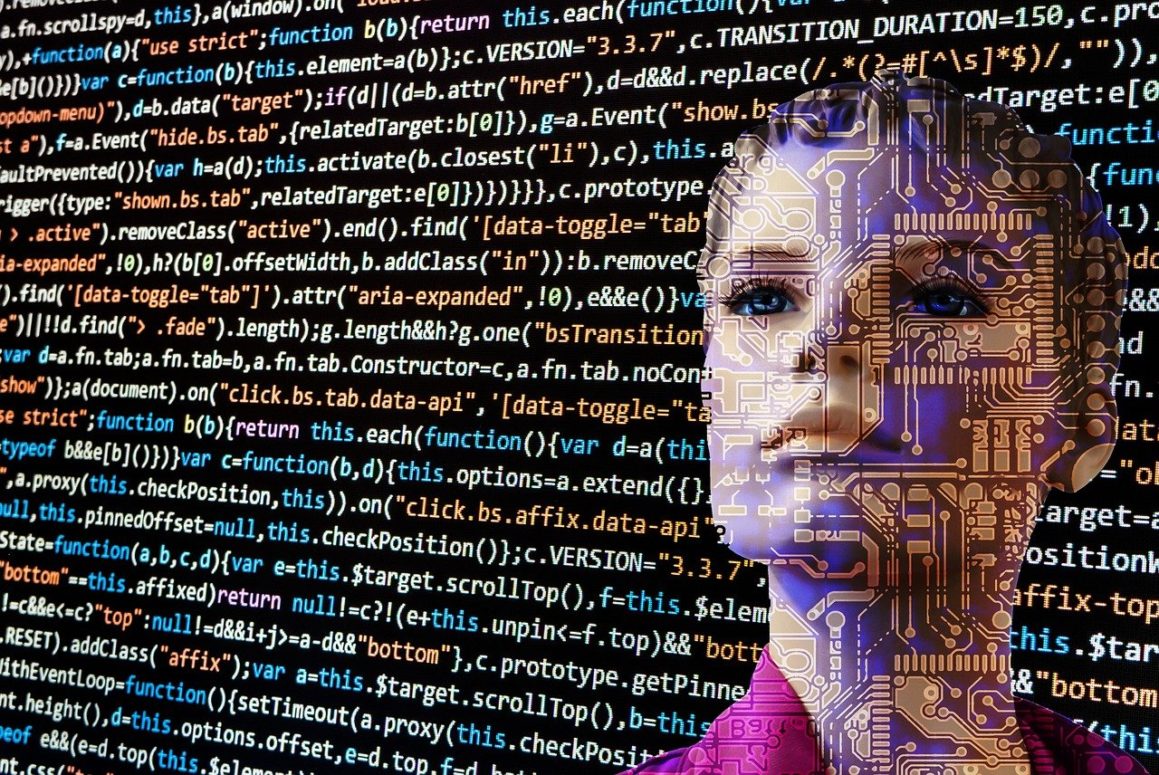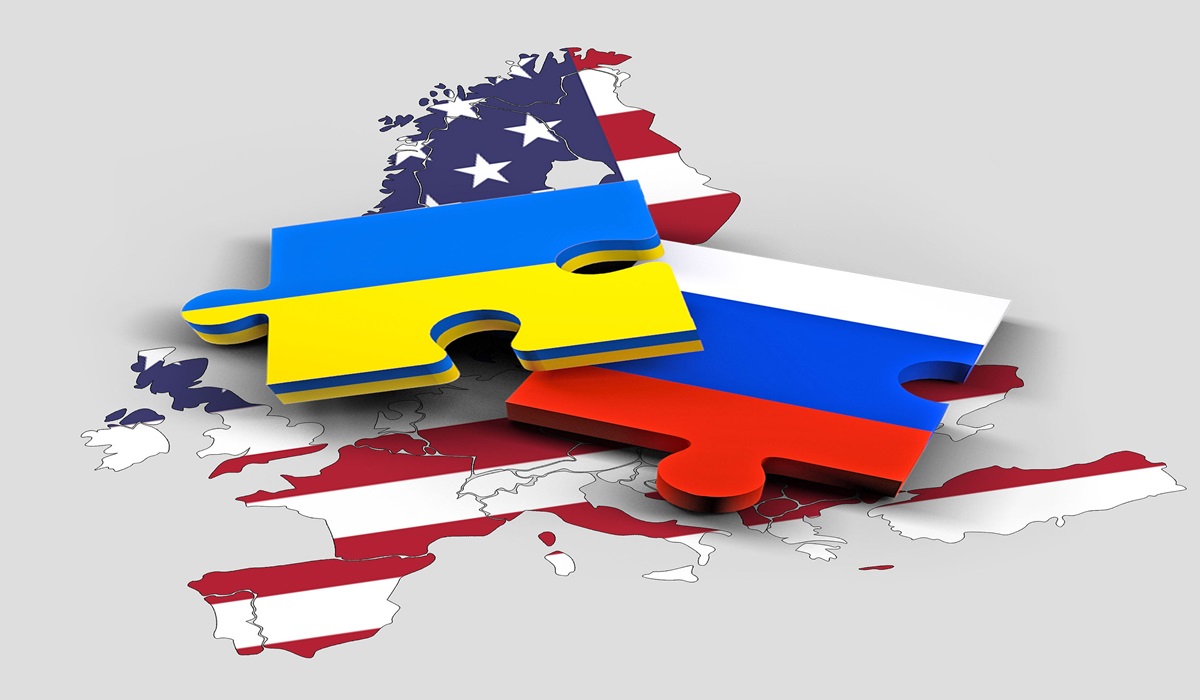Now is the time to ensure artificial intelligence works for Europeans
From tracking the spread of COVID-19 to deciding who will receive social benefits, artificial intelligence (AI) affects the lives of millions of Europeans. Automation can improve decision-making. But AI can lead to mistakes, discrimination and be hard to challenge.
A new EU Agency for Fundamental Rights (FRA) report reveals confusion about the impact of AI on people’s rights. This even among organizations already using it. FRA calls on policymakers to provide more guidance on how existing rules apply to AI and ensure any future AI laws protect fundamental rights.

AI is not infallible, it is made by people – and humans can make mistakes. That is why people need to be aware when AI is used, how it works and how to challenge automated decisions. The EU needs to clarify how existing rules apply to AI. And organizations need to assess how their technologies can interfere with people’s rights both in the development and use of AI,” says FRA Director Michael O’Flaherty. “We have an opportunity to shape AI that not only respects our human and fundamental rights but that also protects and promotes them.”
The FRA report ‘Getting the future right – Artificial intelligence and fundamental rights in the EU’ identifies pitfalls in the use of AI, for example in predictive policing, medical diagnoses, social services, and targeted advertising. It calls on the EU and EU countries to:
- Make sure that AI respects ALL fundamental rights – AI can affect many rights – not just privacy or data protection. It can also discriminate or impede justice. Any future AI legislation has to consider this and create effective safeguards.
- Guarantee that people can challenge decisions taken by AI – people need to know when AI is used and how it is used, as well as how and where to complain. Organizations using AI need to be able to explain how their systems take decisions.
- Assess AI before and during its use to reduce negative impacts – private and public organizations should carry out assessments of how AI could harm fundamental rights.
- Provide more guidance on data protection rules – the EU should further clarify how data protection rules apply to AI. More clarity is also needed on the implications of automated decision-making and the right to human review when AI is used.
- Assess whether AI discriminates – awareness about the potential for AI to discriminate, and the impact of this, is relatively low. This calls for more research funding to look into the potentially discriminatory effects of AI so Europe can guard against it.
- Create an effective oversight system – the EU should invest in a more ‘joined-up’ system to hold businesses and public administrations accountable when using AI. Authorities need to ensure that oversight bodies have adequate resources and skills to do the job.
The report is part of FRA’s project on artificial intelligence and big data. It draws on over 100 interviews with public and private organizations already using AI. These include observations from experts involved in monitoring potential fundamental rights violations. Its analysis is based on real uses of AI from Estonia, Finland, France, the Netherlands and Spain.









